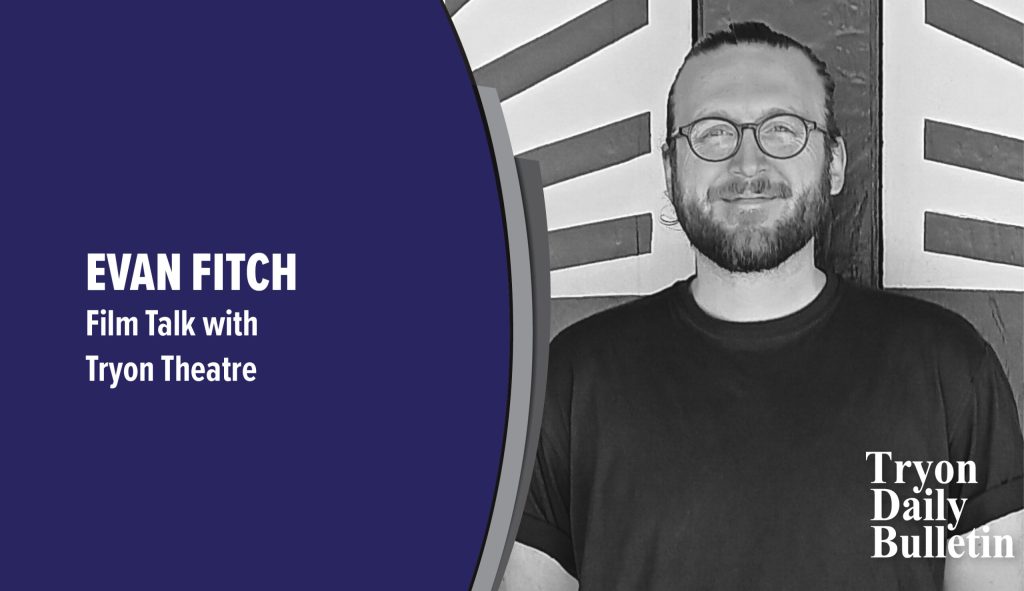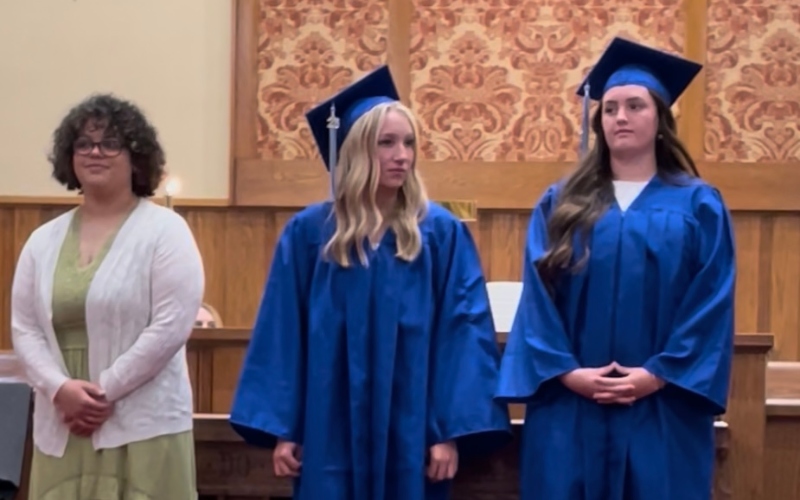“The Return” is a riveting adaptation of Homer’s epic poem
Published 12:38 pm Tuesday, February 4, 2025
|
Getting your Trinity Audio player ready...
|
This week at The Tryon Theatre is “The Return,” a riveting adaptation of Homer’s epic poem The Odyssey, one of the most enduring and influential stories ever conceived and a hallmark of classical Greek literature.
The Odyssey is traditionally divided into five segments, with each containing a varying number of the story’s 24 “books,” what we would consider chapters. The film’s title is derived from the penultimate book, The Return to Ithaca, yet adapts the contents of the final book as well. The titular “return” is about the long-awaited homecoming of the mythic figure Odysseus, who arrives on the shores of Ithaca after many decades of absence, an aged and ragged shell of the young man who went to war.
The ever-talented Ralph Fiennes plays Odysseus, whose commanding presence and robust voice perfectly complement the gravity and grandeur of the classical source material. Juliette Binoche, who plays Penelope, Odysseus’s wife and the queen of Ithaca, acts opposite Fiennes and delivers an equally impressive performance.
Penelope has long suffered in the solitude of her monarchy, mercilessly hounded by potential suitors, her royal hand a promise of great wealth and power. The inevitable political necessity of her remarriage leaves her hold on power and safety tenuous as the potential suitors become ever increasingly predatory in their pursuit of self-elevation. This narrative setup structures the tension of the story, as Odysseus vies to prove himself against these suitors, the safety of both his wife and his son, Telemachus, threatened by the vile coterie of men in pursuit of the throne.
Director Uberto Pasolini has opted to strip the source of any fantastical elements, and the gods of ancient Greece are relegated to the belief of the characters, in stark contrast to the constant divine intervention of the original poem. However, this absence of mythology does not dilute the other elements inseparable from classical literature, namely the tragic brutality of that bygone world.
“The Return” does not shy away from the depth of depravity exercised by The Odyssey’s villainous suitors, their wanton selfishness exemplified in all violent cruelty. Odysseus himself is plagued with guilt and trauma from his time at war, disgusted with his own capacity for violence, and haunted by memories of the Trojan War. While keeping the setting and time period of this adaptation accurate, Pasolini has applied a modern sense of psychology to these ancient characters, their internal torment as visible as their external strife, with both Fiennes and Binoche providing a masterclass in emotional expression and delivery.
Ultimately, “The Return” is a mature film, both thematically and in its content. The story contains no shortage of violence or sex, but the potential shock of the images is not truly what demands an adult audience. Instead, the depth of the story’s philosophy regarding identity and duty requires a modicum of wisdom, that which can only come from the painful experience of age and the unavoidable guilt of existence. We hope you will share this devastatingly gripping adaptation with us soon!






